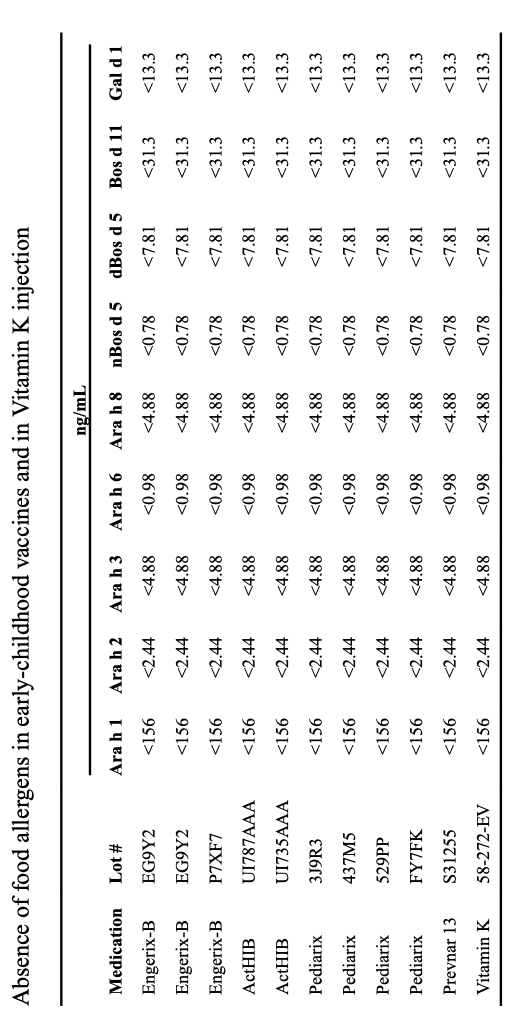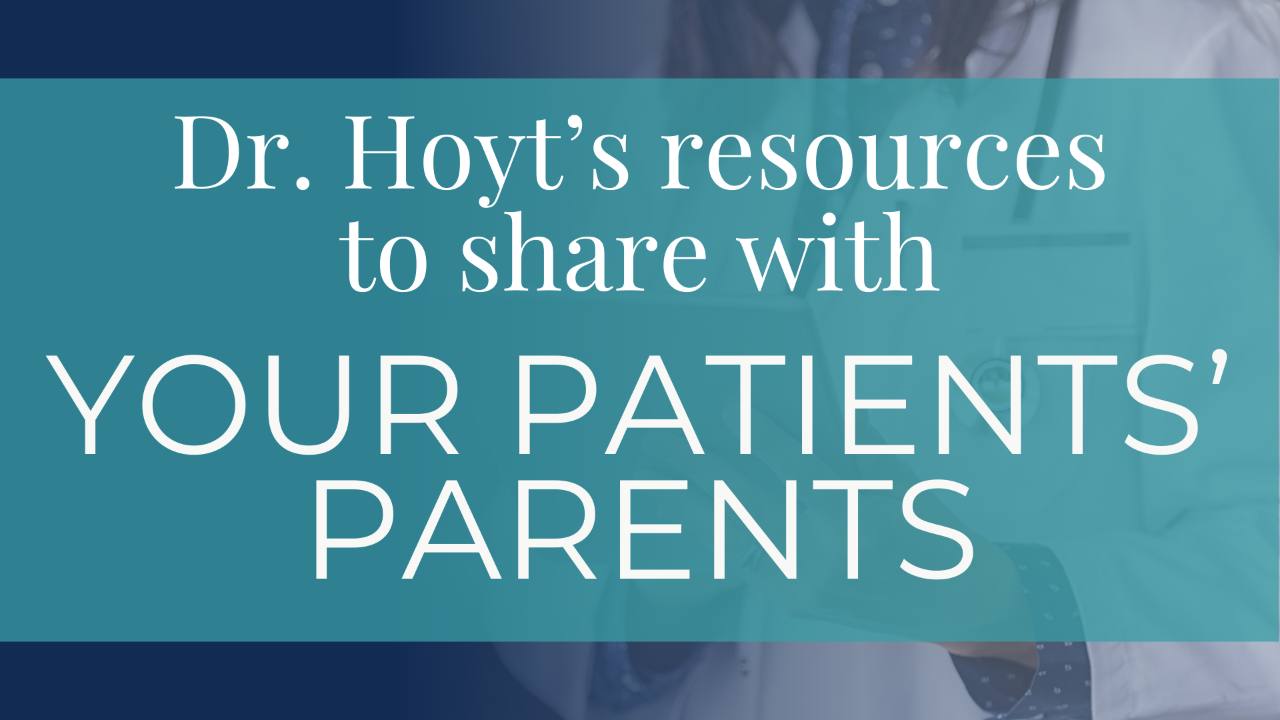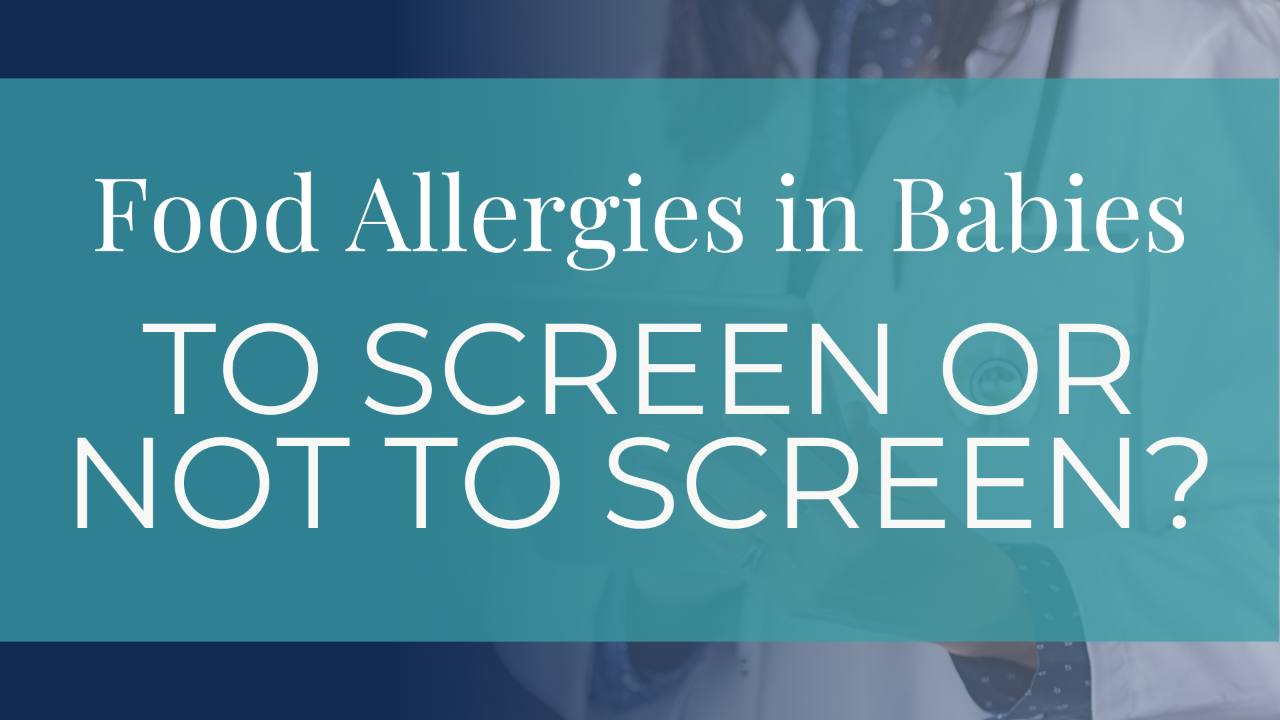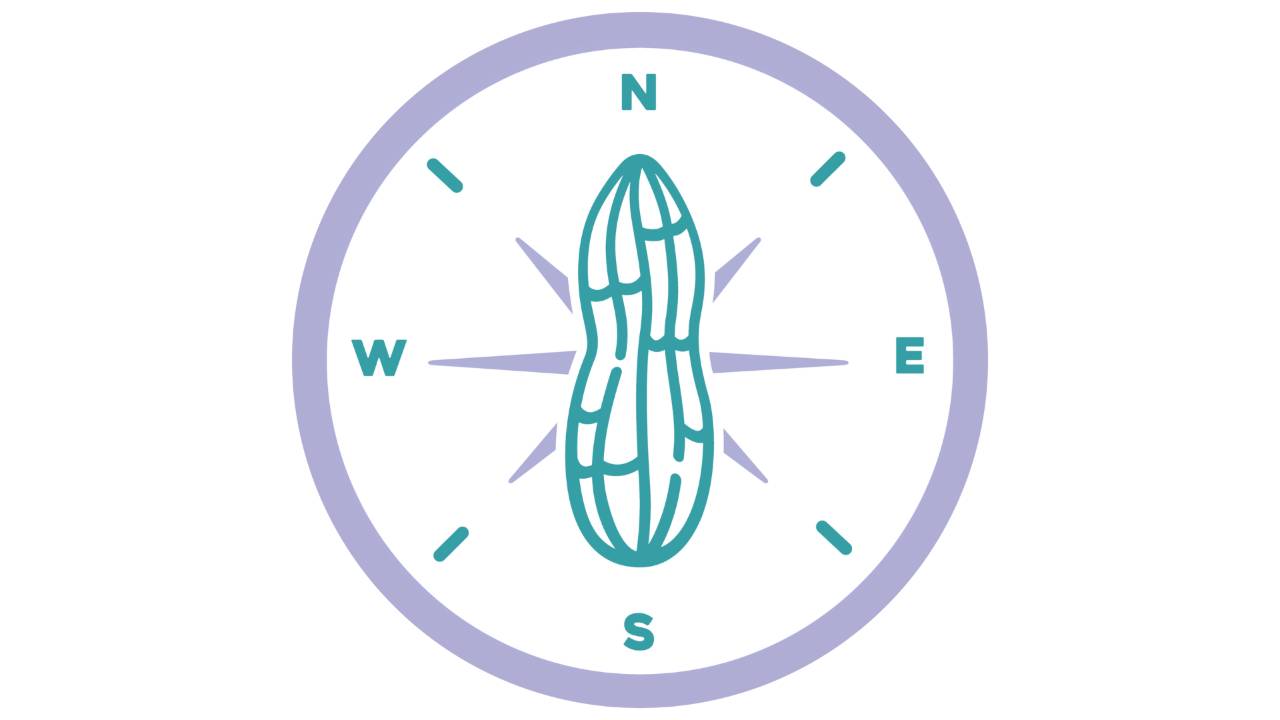Do childhood vaccines contain food allergens?
This study looked for common food allergens in early childhood vaccines.
Food Allergy Friday 01.03.2025
Expert Updates for Pediatric Healthcare Providers
🧭 Your weekly compass in the evolving landscape of pediatric food allergies
This Week's Featured Article
Title: "Food allergen component proteins are not detected in early-childhood vaccines"
Authors: Alice E W Hoyt MD, Martin D Chapman PhD, Eva M King PhD, Thomas A E Platts-Mills MD PhD FRS, John W Steinke PhD
Journal and Year: Journal of Allergy and Clinical Immunology: In Practice 2017
NOTE: I'm first-author on this paper. I have tried to write this newsletter with as little bias as possible. -AH
⚡️ Key Points in ~30 Seconds
-
Some social media posts claim that childhood vaccines contain food allergens and, thus, cause food allergies.
-
Forms of aluminum are used in vaccines to induce a robust immune response.
-
In animal models, aluminum adjuvant can be used to induce production of IgE (allergic antibodies).
-
If early childhood vaccines were to contain both food allergens and aluminum adjuvant, it could theoretically trigger a child's immune system to create food allergy antibodies.
-
Peanut, milk, and egg were not detected in Engerix-B, Pediarix, ActHIB, Prevnar 13, or injectable Vitamin K.
- Childhood vaccines don't contain food allergens, thus refuting the claim that these vaccines contain food allergens that are causing food allergies.
👉 Why This Article Matters for Your Practice
The topic of childhood vaccines has become polarizing in some communities, and you likely have had discussions with parents about childhood vaccines.
It's helpful to have evidence in your corner when discussing any topic with a family but especially a topic as important as vaccines.
This article is one to add to your "Vaccine Studies" file and use whenever a parent - especially the parent of a child with food allergies who has recently had another baby and is asking about early childhood vaccines - is concerned that vaccines may have caused their child's food allergies and is hesitant to vaccinate their new baby.
📊 Study Overview
Population: Not applicable (NA) - basic science article.
Design: In this study, early childhood vaccines were tested for the presence of peanut, milk, and egg proteins using ELISA.
Primary Outcome (regarding food allergy): Peanut, milk, and egg proteins were not detected in vaccines or vitamin K.
Table note: Ara h, nBos d, and Gal d are component proteins of peanut, milk, and egg, respectively.
Table is Table I found within the article.
Key Conclusions by the Authors: “Overall, the concept that food proteins in early-life vaccines are the cause of food allergy is unlikely and unsupported and, thus, should not be a concern when considering vaccination.”
Hoyt Commentary
Despite the uptick in food allergies seen in the last few decades, we still do not know what causes food allergies. We as allergists suspect it is multifactorial with epigenetics and hygiene playing important roles.
It's important to think outside the box when dealing with a condition as, well, strange as food allergy - after all, foods are meant to nourish us, not be seen by our immune systems as villains. So it's incumbent on us to consider unlikely explanations.
Likewise, we as clinicians must have transparent conversations with families, even and especially when families may have different points of view than we have. It's our job to have the hard conversations with parents and to do so with care, compassion, and shared decision-making but never forgetting that we are the clinician and the family expects and deserves gracious leadership from us.
What we were unable to study is the effect of aluminum adjuvant on the development of IgE in babies. What's reassuring is that most children who receive early childhood vaccines never develop a food allergy. If you want to go down this rabbit hole, consider this paper. We will be on the lookout for this one too.
The study presented in this newsletter was performed to bring clarity to the question of "are food allergens in vaccines?" The resounding answer is no. If only all of food allergy were this black and white...
Patient Communication Tips
🗣️ Key Messages for Families
-
Vaccines do not contain food allergen protein, so the claim that they do and that's causing food allergies is not accurate.
-
Vaccines have been proven to prevent life-threatening diseases.
-
Social media can have dangerous messages that need to be discussed with your child's healthcare team.
Sample Script:
"Vaccines have become a hot button issue, and one claim raised by some on social media is 'vaccines contain food allergens so are causing food allergies.' Childhood vaccines have been tested for food allergens and do not contain food allergens, so that claim on social media is false. That being said, it's always important to ask questions about any treatment for your child. What questions do you have about the vaccines your baby is due to receive today?"
🧐 Quick Quiz
After perusing the article, test your knowledge with this single question:
What food proteins were detected in early childhood vaccines?
A. Peanut
B. Milk
C. Egg
D. None of the above
Answer and explanation provided in next week's newsletter. ✔
Last week’s answer: D. The diagnosis of acute FPIES is made when patients meet one major and three minor criteria.
🤓 Reader's Corner
Have a question about this week's article? Want to suggest a topic for future review?
Email us at hub@hoytallergy.com.

'Food Allergy Friday' is curated and written by Dr. Alice Hoyt. Dr. Hoyt is board-certified in allergy & immunology, internal medicine, and pediatrics. Her clinical expertise is in food allergies, and she serves patients with her team at the Hoyt Institute of Food Allergy.
Share this newsletter! Simly forward it to a colleague. 👍 And they can visit foodallergypedshub.hoytallergy.com.






